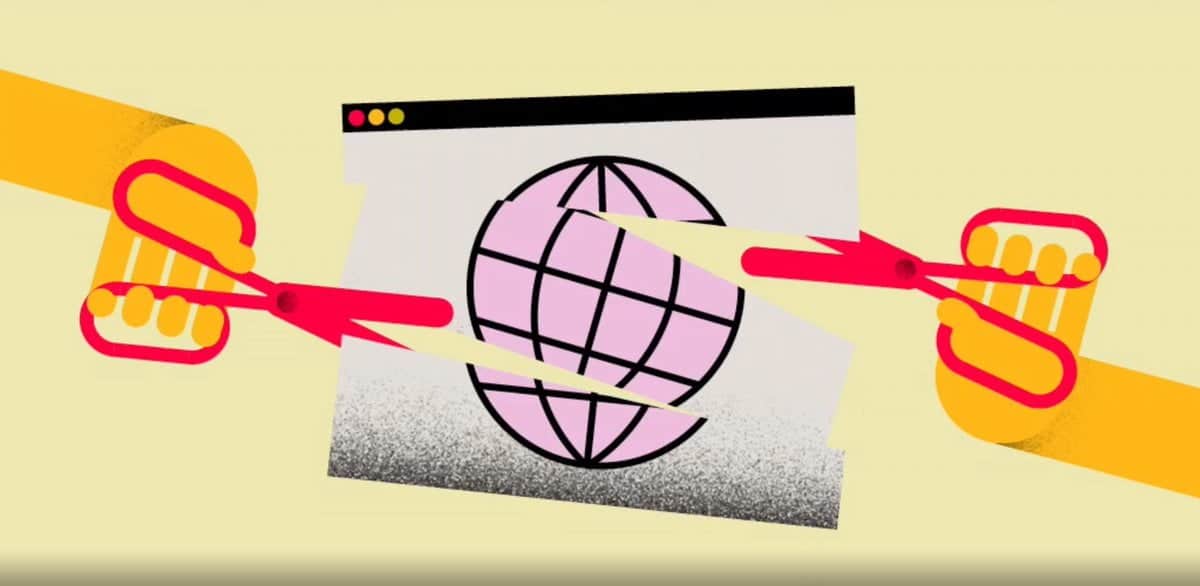We are entering a new era of the web that analysts and industry experts have already dubbed "Splinternet".
Splinternet is, in fact, the fragmentation of the Internet into many specific networks by state and by region. A bit like saying that every country will have its own internet. A bit like putting boundaries on a world that doesn't have any today.
Why is it happening?
It is the effect of the desire that each state has to maintain "sovereignty" also on the digital level: information on purchasing choices, privacy, and localization of citizens are clearly considered sensitive and non-shareable information.
Already today more than 30 world areas have imposed stakes on the web: Europe, Brazil, China, India. Never before have so many blocked external access to their data online, and the process is only increasing.
It's not bad news just for freedom of thought and speech: trade is also in serious danger, and to avoid problems companies will have to go through a complicated transition.
The fact is, every nation has rules, and Splinternet will be no exception: failing to comply will in many cases mean being cut off from any distribution channel for your products and services. As if that were not enough, penalties and various duties will erode from 0.5% to 4% of the annual turnover.
It is the new Cold War
The victims of this showdown which involves more and more countries are always numerous, the majority of whom have "crashed" against the telematic and administrative barriers of the "Great Chinese Firewall", the new IT wall created by the government.
With the launch of its Cybersecurity law, the country has embraced a vision of the internet that is diametrically opposed to the one we have been accustomed to up to now, forcing other countries to protect themselves in a similar way: Europe has echoed it with the GDPR, and also Brazil has strengthened privacy measures with its law, the LGPD.
Goodbye free trade?
Free Internet will be a nostalgic dream, in short. Open access to information, and its free movement between countries, citizens and organizations will become a faded memory.
Can we still do something?
Currently little or nothing. The United States, founders and pioneers of the web, is a country in which several important voices (in society and digital entrepreneurship) strenuously defend, perhaps already resigned, the ideal of a free internet: with a large and recent defection, that of Mark Zuckerberg who seems to have bowed to the need for survival of his platform.
Others are more determined, like (noblesse oblige) the same creator of the web, that Tim Berners-Lee who developed a “Contract for the Web” full of ethical principles, and which hopes for a rapid "disarmament" of the global closure scenario.
Perhaps the future will truly be characterized by unbridgeable distances even on a technical level, or perhaps it is just a "reactionary" phase: tied up in the complex dynamics of violations and sanctions, the various nations could retrace their steps.


